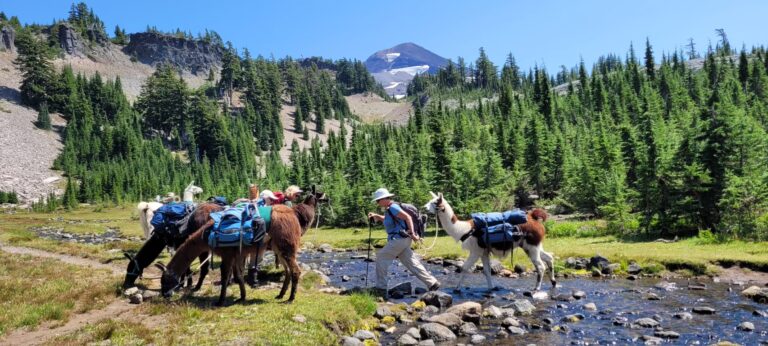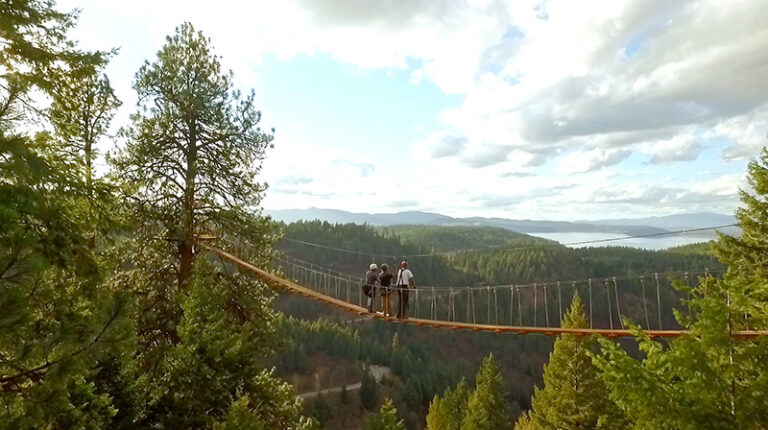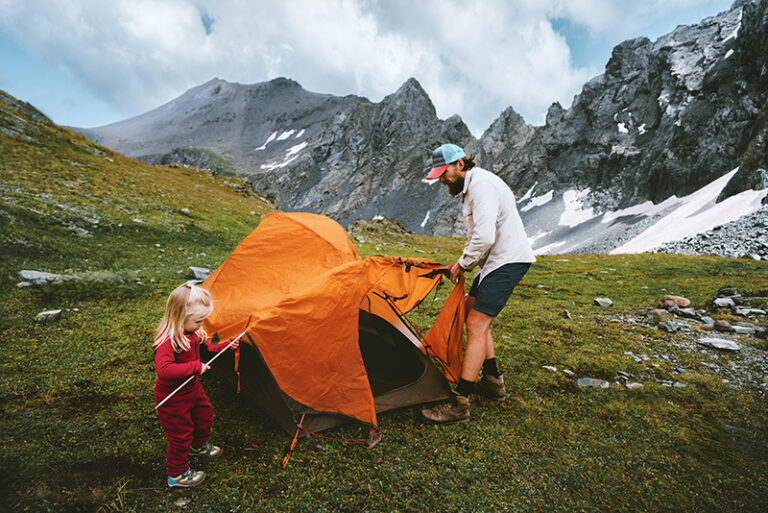When I met him, Mark was already a shipwreck surrendered to the rise and ebb of addiction and the depression that rules it. When the tide of inebriation rolled out, one could crawl into the cavity of his chest and find forgotten treasures: Memorized guitar solos, wicked skateboard tricks, a love affair with his road bike, and the kind of intelligence that knows exactly the kind of trouble it’s in.
When that tide came surging back, he was sure he was buoyant enough to float. But ships don’t repair themselves and his vessel was no more seaworthy despite his Strava stats.
Then one day, tide approaching, Mark grew tired of the redundancy and pointed the business-end of a gun at the mind he could not tame.
Months later, I am in his kitchen waiting for him to moonwalk in, spin on a heel, and flip some pancakes for me.
“I know how you like your butter melted, Norway,” he would say, teeth biting into my flesh. Ghosts don’t have teeth though.
I hear only the tackiness of my paint roller and my stifled sobs as I cover the last notes he scribbled on the wall. Whoever cleans up the scenes of travesty and violence had already scrubbed them, so I only know it is his familiar scrawl. Was it a love note to his children? Words of the Buddha? Race goals?
So many of us have found respite from our pain in the soothing balm of nature and sport. A bludgeoning of trail miles saved me from an abusive marriage, from my socially-acceptable wine habit, from my own belief that I wasn’t—would never be—good enough. Mountains and trees, rivers and lakes, they greeted me as a soft landing when the reality of my childhood and my fucked up family emerged from the untangling of therapy. I am a lucky one. One medicine led to another until I resembled an emotionally stable human. Most days.
I think back to one of my first runs with Mark, when I didn’t understand his fight, when shame had kept from me the death of his brother, the cruelty of his parents, the disintegration of his marriage. When I thought he swished Listerine in the car park because he’d forgotten to brush his teeth. I ran him hard: In the way one test drives a new car, I was test driving him as a lover. He grew more pink by the mile. Something awoke in him. Or he’d burned off the fumes.
“I don’t remember ever feeling so alive,” he said.
The cure did not stick. It’s only one tool when the redemptive path from our histories, the myriad traumas we’ve endured, or the headlines require a bottomless carpet bag á la Mary Poppins. We need running and riding and mountains and dark leafy greens. We need therapy and spiritual growth and meaningful connection. We need B vitamins, psilocybin journeys, meditation, whatever it takes. We need love and we need to believe we are worthy of that love. We need those kinder voices, paid-for or serendipitous, to be louder, more incessant than the others.
We need to learn to ask for help. Because at some point we will find ourselves alone in our kitchen, reckoning. It is the aloneness that is the most deadly.
It is the belief that when we are suffering or scared or don’t have the answers, we are a burden to others. It is culture that tells us that admitting struggle is to admit weakness is to admit defeat. It is in a world that supposes a flock of vultures awaits for vulnerability as the first signs of a rotting corpse.
In the years that our friendship lasted, I watched Mark claw his way out of that dark well of misery time and again. He only reached out when the sun was on his face once more.
“Run or sex, Norway?”
“I’m married now, Mark.”
“Just a run, then, I guess.”
That’s not when he needed me. But no one ever calls you from their kitchen with a pistol in their mouth. Or at least he didn’t. In the weeks and months that preceded that moment, the every-day calamities of being human seemed his solitary war, his solitary failings. He could not, would not, ask for help. Worst of all, he thought it was his fault.
I have had a hundred post-mortem conversations with my dead lover. Mostly, I ask what conversations I should have had before, if he knows his preciousness now wherever he is. Because we knew it all along.
When the days grow short and my own aching begins to seep from my seams like thick, black oil until I am suffocating in my darkness, I still go for a run. Then I call my therapist, admit to my friends I cannot breathe in the stench of my misery, melt into the arms of a husband who can carry the weight of me, take all the B vitamins, and pray for the salvation of my child’s humor.
If you or anyone you know is riding that struggle bus to a dangerous precipice, please call 988 for support.
Ammi Midstokke lives in the foothills of the Idaho Selkirks with her family. She’s currently building a new house and spending her outdoor time hanging cedar siding and her indoor time learning how to plaster.













